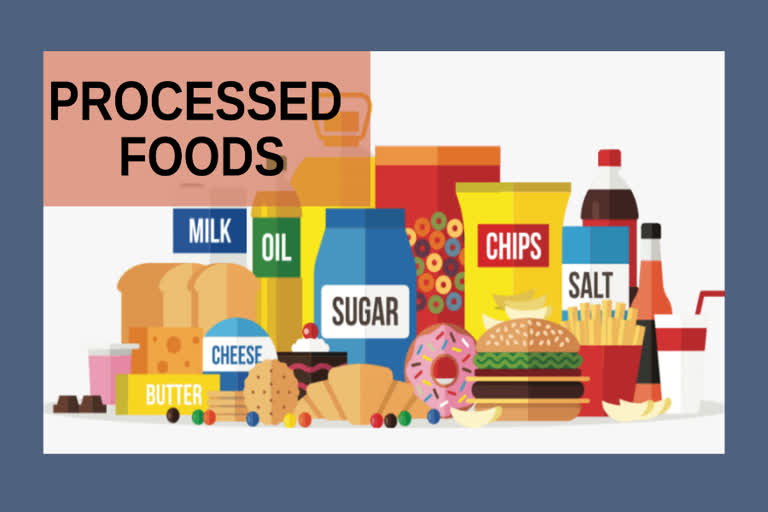Soft drinks, ketchup, jams, tinned fruits and potato chips - all these taste delicious and are convenient, but it is important to note that they are examples of processed foods and large quantities may be harmful to your health.
According to UK's NHS, processed food is any food that has been altered in some way during preparation. Food processing can be as basic as freezing, canning, baking, and drying.
"Processed food is not "real food"; it is food that has been modified by chemical processes and contains additives, flavorings, emulsifiers and stabilizers. The food is then assembled into ready-to-eat hyper palatable food called 'Cosmetic food'. The easiest way to judge how processed the food is to look at the length of the food label at the back of the packet. The longer the list, the more processed is the food in it," Dr Tejal Lathia, Consultant Endocrinologist, Hiranandani Hospital, Vashi- Fortis Network Hospital.
Natural sugars are found in fruit, cereals and vegetables along with fiber, vitamins, minerals and antioxidants and thus, they are healthy. Refined or processed sugar, however, lacks these accompanying vital nutrients and is found in most processed foods, even those that are not considered sweet like ready-to-eat soups and ketchup.
Also Read:ASEAN leaders meet online to tackle coronavirus
Notably, processed food includes packaged breads, breakfast cereals, confectionery (sweets), biscuits, pastries, buns, cakes, industrial chips and french fries, soft and fruit drinksor packed juices, packaged pre-prepared meals (frozen meals) and reconstituted meat products.
As per the doctor, processed foods are harmful because they contain higher amounts of unhealthy fat, sugar and salt.
The extra calories - termed 'empty' calories because they lack nutritional value - consumed in the form of fat and sugar, from processed food, leads to weight gain and high blood sugar. Excess sodium, that comes from salt, in this type of food raises blood pressure and causes water retention. The combination of high blood sugar and blood pressure with obesity increases the risk of heart diseases and cancer.
